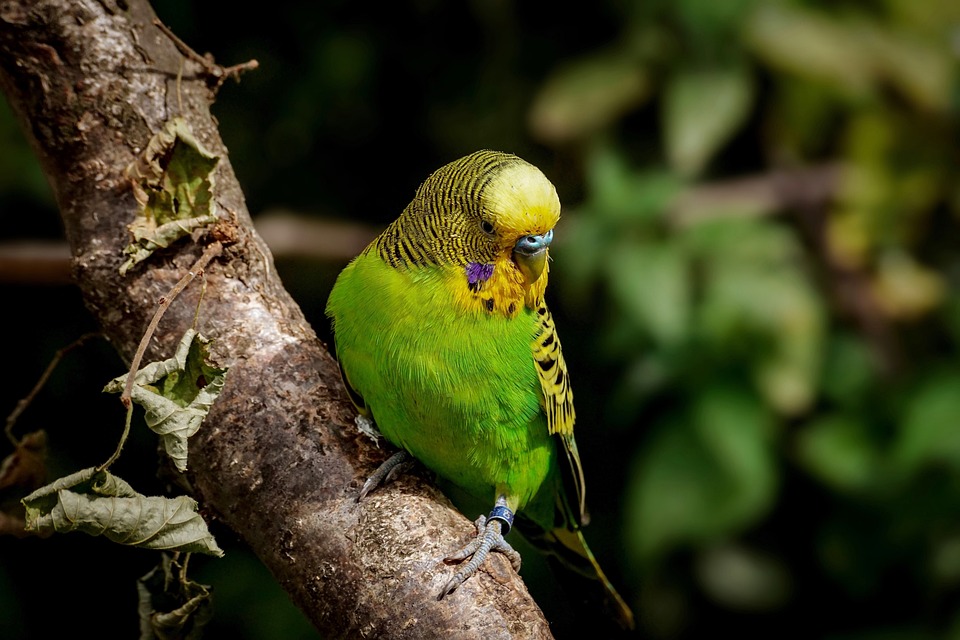Parrots are known for their intelligence, social nature, and ability to mimic sounds. As a parrot owner, you may have wondered about the impact of music on your feathered friend’s behavior. Can music influence their mood and interactions? In this article, we will explore the fascinating relationship between music and parrot behavior, shedding light on the potential effects and benefits of incorporating music into their environment.
Before delving into the impact of music on parrot behavior, let’s first understand the typical behaviors exhibited by these magnificent creatures. Parrots are highly social animals that thrive on interaction, mental stimulation, and a structured environment. They communicate through vocalizations, body language, and, interestingly, through mimicry.
Parrots are naturally inclined to mimic sounds they hear in their environment, including human speech, household noises, and even musical melodies. This ability to imitate sounds has been observed in various parrot species, such as African Greys, Cockatoos, and Amazon Parrots. It is this unique trait that makes the impact of music on their behavior a captivating subject of study.
Music has long been recognized as a powerful tool that can affect emotions and behavior in humans. Its impact on animals, including parrots, is an area of ongoing research. While the scientific understanding of the specific mechanisms behind this influence is still evolving, several theories and observations shed light on the potential effects of music on parrot behavior.
Studies have shown that music can positively impact the mood of parrots. Just like humans, parrots may experience stress or anxiety in certain situations. Playing calming and soothing music has been found to lower stress levels in parrots, creating a more harmonious and relaxed environment for them to thrive in. Soft classical music or nature-inspired sounds, such as gentle rain or bird songs, are often preferred choices for creating a calming atmosphere.
As natural mimics, parrots can be influenced by the sounds they hear. Playing music with repetitive patterns or catchy melodies can stimulate their vocalization and mimicry abilities. Your parrot may start whistling or even attempt to mimic parts of the song they hear. It’s important to note that not all parrots will engage in vocalization in response to music, as individual preferences and personalities can vary.
Parrots are highly intelligent creatures that thrive on mental stimulation. Playing music with complex melodies or rhythms can provide cognitive enrichment, keeping their minds active and engaged. This stimulation can be particularly beneficial when parrots are left alone for extended periods, helping to prevent boredom and associated behavioral issues.
While individual preferences may vary, parrots generally respond well to classical music, nature sounds, and melodies with repetitive patterns. It’s important to observe your parrot’s reactions to different types of music and adjust accordingly.
While music can have positive effects, it’s essential to strike a balance. Excessive exposure to loud or stimulating music can lead to overstimulation or stress in parrots. Be mindful of the volume and duration of music, ensuring that your parrot has quiet periods for rest and relaxation.
Yes! Music can be incorporated into training sessions and serve as a bonding tool. By associating specific tunes with positive experiences, such as treats or playtime, you can create a positive reinforcement system that enhances your parrot’s learning and strengthens your bond.
Heavy metal, rock, or music with excessively loud or sudden sounds can be unsettling or stressful for parrots. It’s best to avoid such genres and prioritize soothing and calming music instead.
In conclusion, the impact of music on parrot behavior is a fascinating subject that offers numerous benefits. By carefully selecting appropriate music, you can create a harmonious and enriched environment for your parrot, enhancing their mood, vocalization, and cognitive abilities. Remember to observe your parrot’s reactions and preferences, striking a balance to ensure their well-being and enjoyment.









